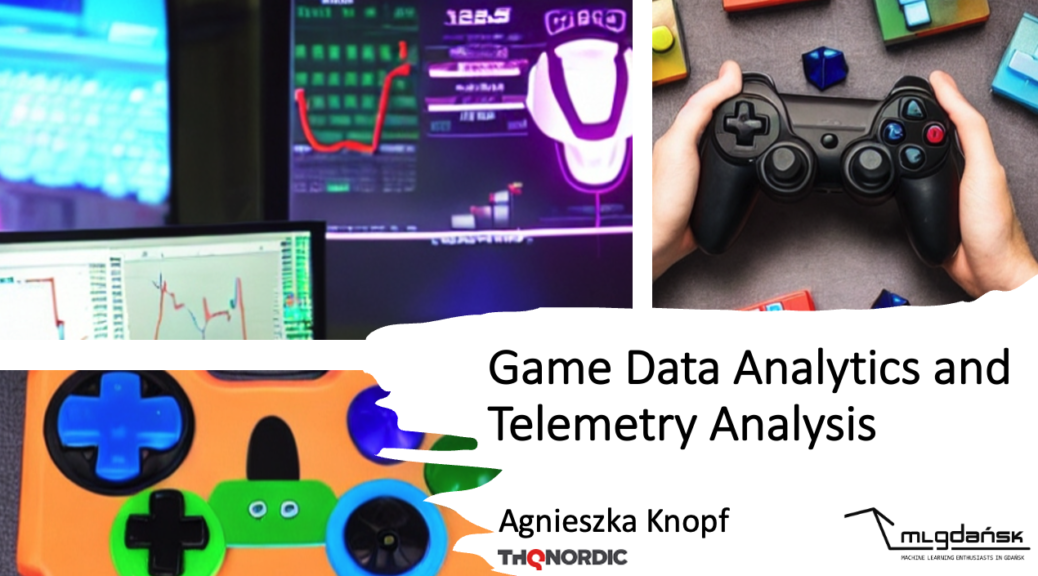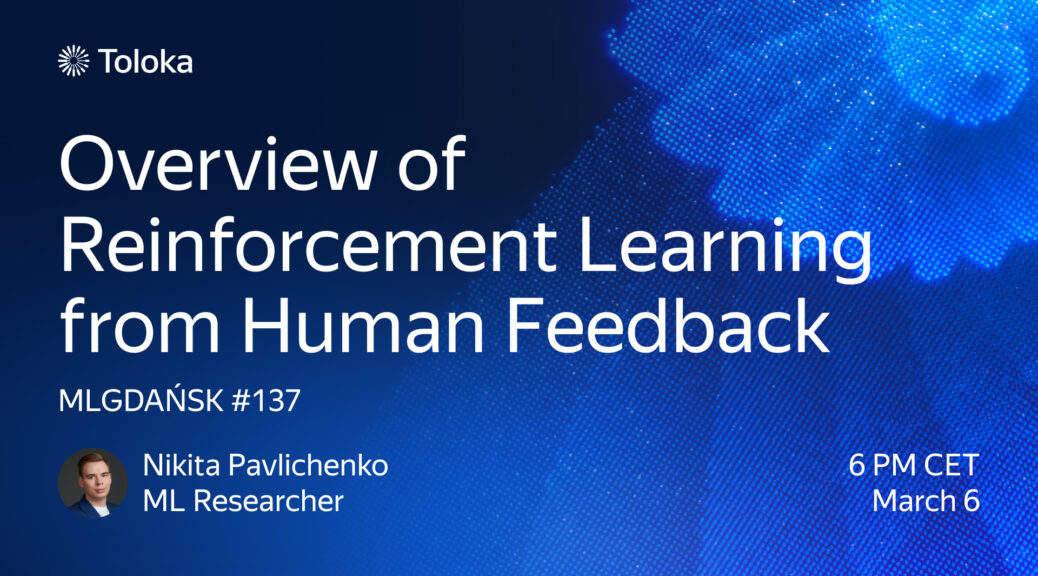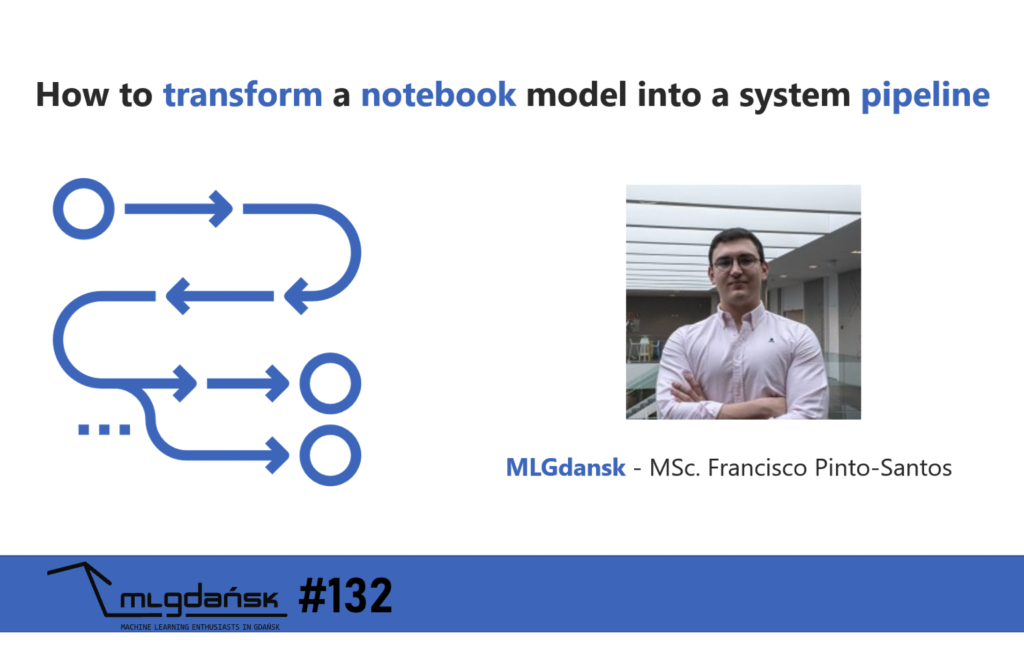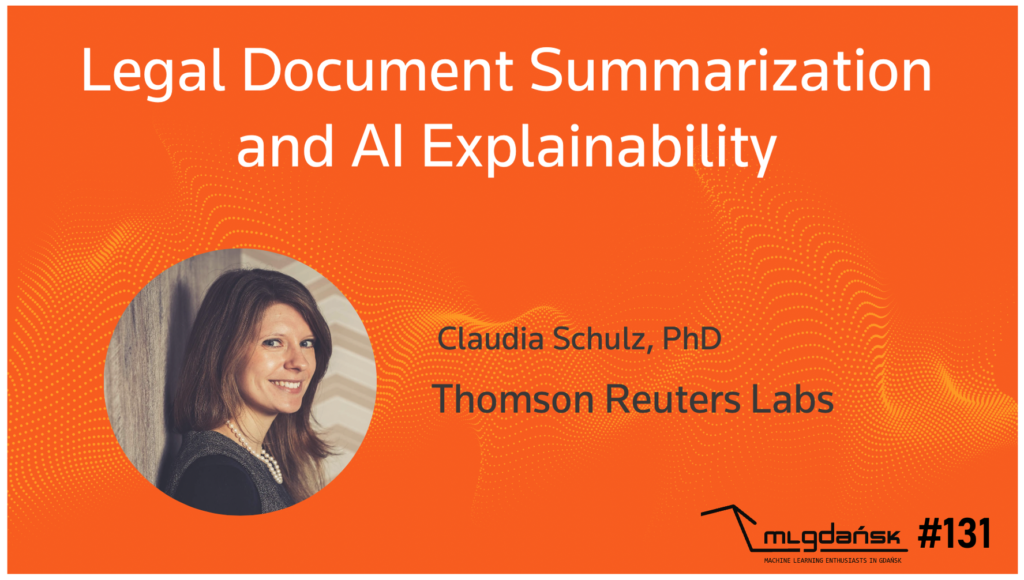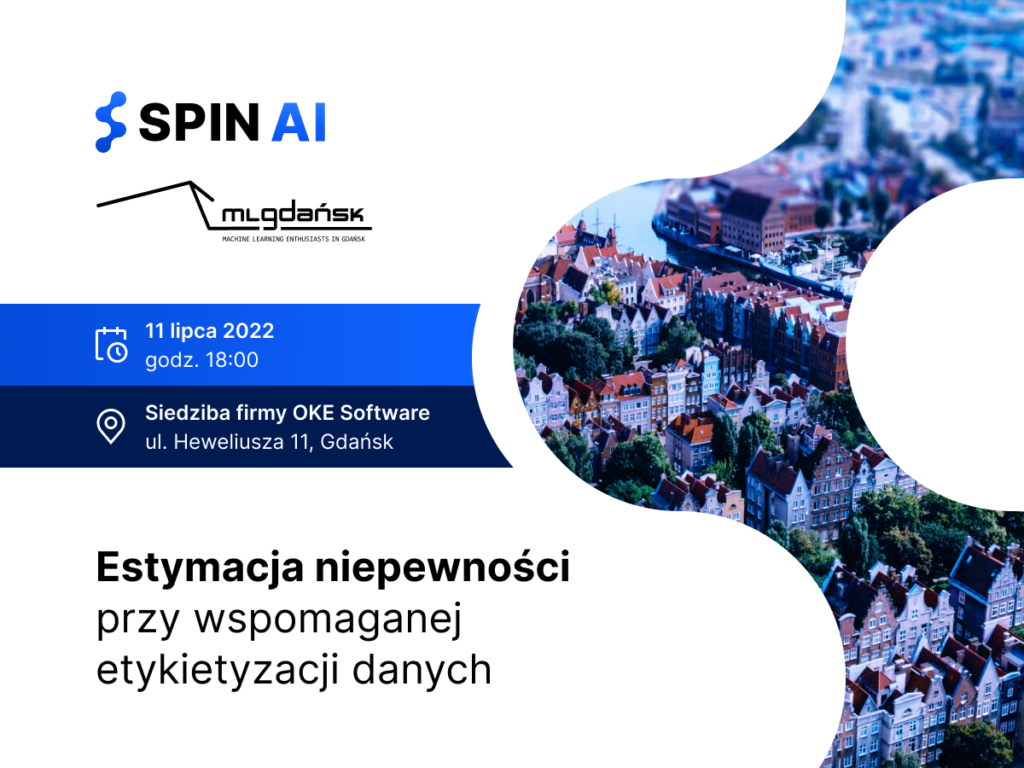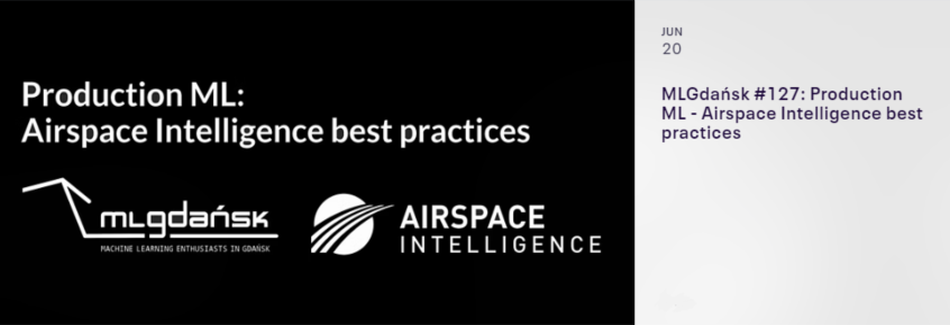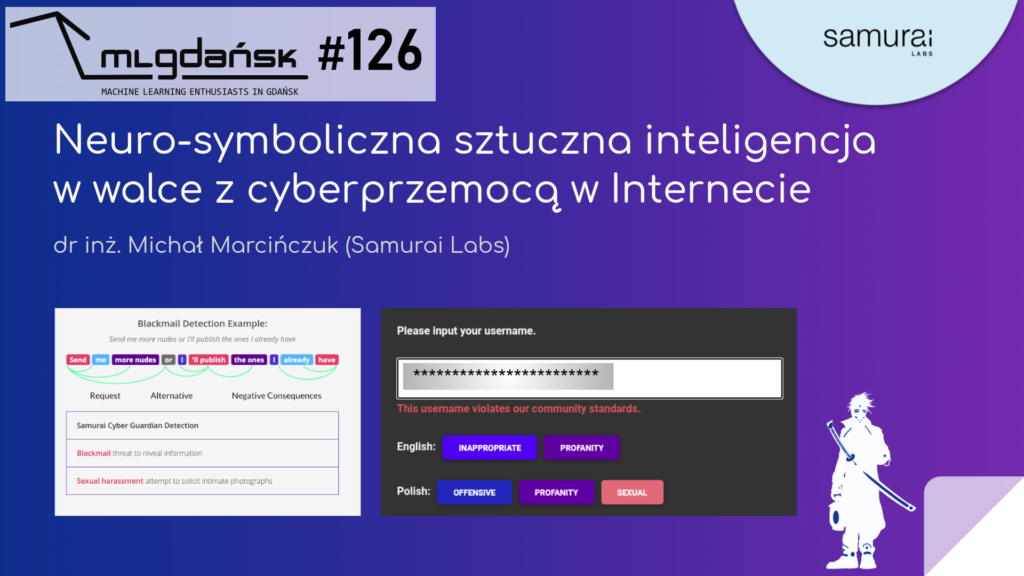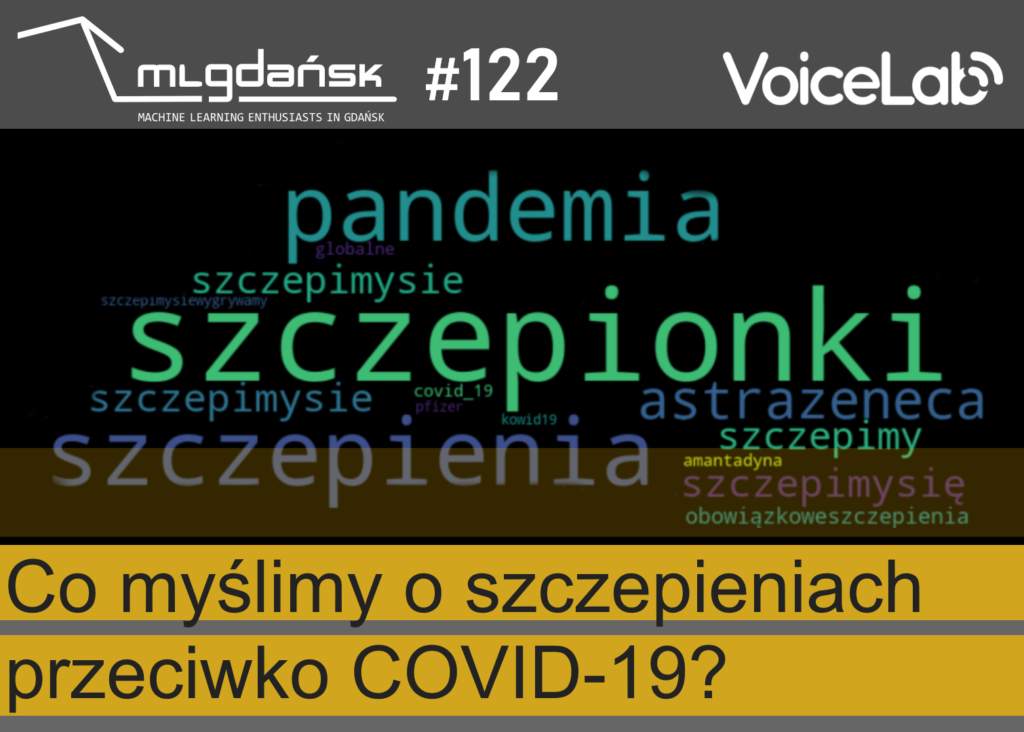Serdecznie zapraszamy na 138. spotkanie MLGdańsk – Poniedziałek, 20 marca 2023 o godzinie 18.00 CET.
link do spotkania:
https://meet.jit.si/MLGdansk_20032023_nb138
Prelegentem będzie:
Agnieszka Knopf, MSc
THQ Nordic
Temat spotkania:
“Game Data Analytics and Telemetry Analysis“
Agnieszka Knopf is a data engineer currently working at THQ Nordic, a leading video game publisher, and developer. With years of experience in the gaming industry, Agnieszka is dedicated to helping game studios within the Embracer Group implement effective data telemetry and analytics tools in their games.
Agnieszka works closely with game development teams to design and implement data collection systems that enable them to gather valuable insights into player behavior and game performance. She also creates custom data analysis tools and dashboards that allow game developers and stakeholders to make data-driven decisions throughout the game development process.
Agnieszka has been working for almost 20 years in the gaming industry in many roles: shader programmer, tools programmer, game producer, 2d artist, lead artist, and 3d character artist, and finally moved to the data field.
You can check out her artwork on https://www.artstation.com/agaknopf
Opis prelekcji:
With the increasing demand for data-driven decisions, game development studios from Embracer Group are increasingly turning to game data analytics to make better games.
The presentation will explore the various types of data that can be collected through telemetry analysis, including player behaviour, game performance, and game balance.
It will also discuss the various tools and techniques that can be used to analyze this data and extract valuable insights to inform game development decisions.
Implementing a data-driven approach in game development requires significant effort and resources, including the development of data collection systems, data analysis tools, and data management infrastructure.
The presentation shows methods for the studios to keep it as simple as possible.
Serdecznie zapraszamy – spotkanie otwarte dla wszystkich zainteresowanych!

